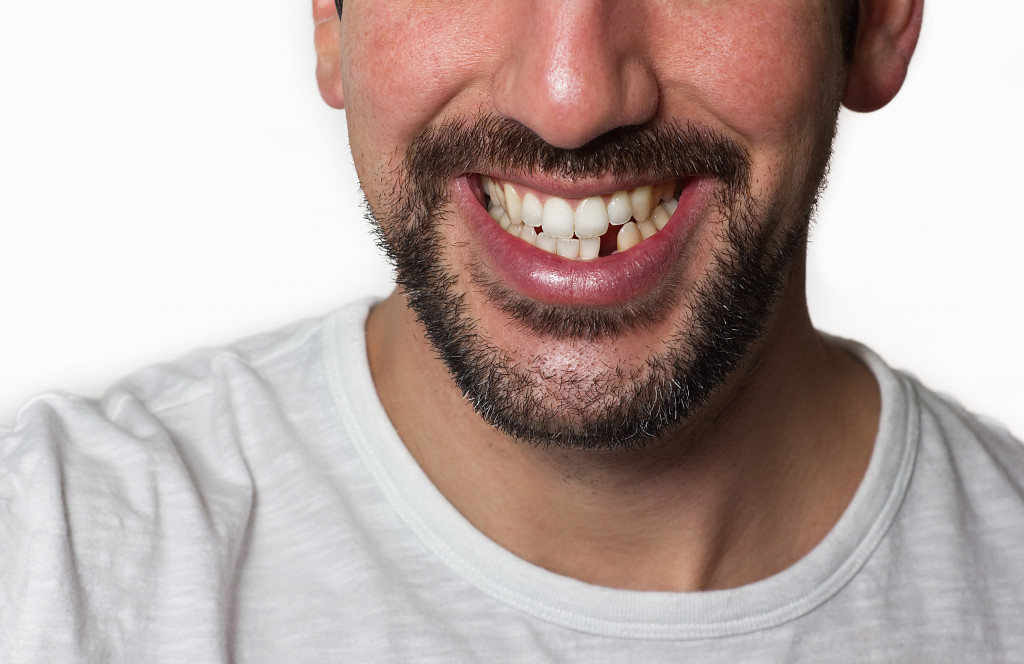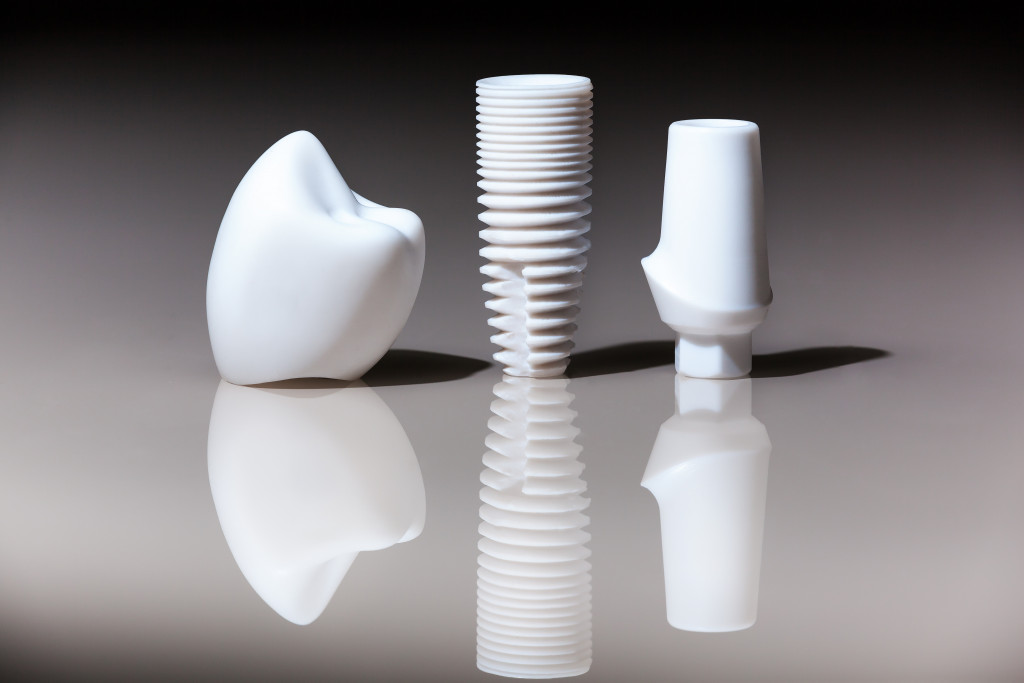Tooth loss is a serious oral health issue and can significantly impact your overall well-being. It is a common condition among adults that can lead to difficulties with eating, speaking, and smiling.
According to the American Dental Association, about 120 million Americans are missing at least one tooth. Part of the issue is that tooth loss can also cause problems with speech, pronunciation, and self-esteem.
While tooth loss is common, understanding the causes, treatments, and preventative measures available can help you avoid it. Let’s look at why tooth loss happens, what treatments are available for those who experience it, and tips for preventing it.
Causes of Tooth Loss
Tooth loss is an issue that affects people of all ages. While most would associate tooth loss with aging, there are many other potential causes—from poor oral hygiene to diet to genetic factors. Understanding the causes of tooth loss is essential when it comes to preventing and treating the condition.
Poor Oral Hygiene
One of the most common causes of tooth loss is poor oral hygiene. This includes not brushing your teeth twice a day or not flossing regularly, as well as failing to visit your dentist regularly for checkups and cleanings.
Plaque builds up on the teeth when left unchecked, and this can lead to gum disease, which can result in tooth decay and eventual tooth loss. Regularly visiting your dentist for checkups and cleanings can help prevent this from happening.
Diet
Another factor that can cause teeth to fall out is diet. Eating sugary snacks or sodas can lead to cavities, which, if left untreated, can lead to tooth decay and, eventually, tooth loss. Additionally, certain foods like hard candy or chips can damage the enamel on your teeth over time and even cause them to chip off or break completely.
Genetic Factors
Finally, some people may be predisposed to losing their teeth due to genetic factors such as weak enamel or a family history of premature tooth loss or periodontal disease (gum disease). If you have a family history of any dental problem, you must talk with your dentist about ways you can prevent it from happening to yourself or members of your family who may also be at risk.
Treatments for Tooth Loss
The good news is that there are various treatments available for those who experience tooth loss. Depending on the severity of the issue and what caused it, your dentist can recommend one or more of the following treatments:
Dental Implants
Dental implants are one of the most popular and effective treatments for tooth loss. A dental implant is a small titanium post that’s implanted into your jawbone; it acts as an anchor for an artificial tooth or bridge.
This allows the new tooth or bridge to look and function just like your natural teeth. The main advantage of dental implants is that they preserve your jawbone and keep it healthy by providing stimulation during biting and chewing.
Fixed Bridges
Another common treatment for tooth loss is called a fixed bridge. This involves creating a bridge between two crowns that are attached to adjacent teeth to fill in the gap caused by missing teeth. Fixed bridges are typically more affordable than dental implants but don’t provide as much stability or longevity as implants do since they rely on other teeth for support.
Removable Dental Prosthesis (Partial Dentures)
Removable dental prostheses, also known as partial dentures, are removable appliances made of acrylic resin that replace missing teeth while maintaining other remaining natural teeth in place. Partial dentures offer an affordable solution to replace missing teeth, but they can also make it difficult to eat certain types of food due to their lack of stability compared to dental implants or fixed bridges.
Tips for Prevention
Prevention is always the best option when it comes to dental health. Here are some tips for preventing tooth loss:
- Brush twice a day and floss regularly to keep your teeth clean and free of plaque buildup
- Visit your dentist twice a year for checkups and cleanings
- Avoid sugary snacks, drinks, and foods that can damage your teeth over time
- Take measures to prevent gum disease by maintaining good oral hygiene and having regular dental checkups
- Eat a balanced diet with plenty of fruits and vegetables for strong teeth and gums
- Use mouthguards when playing sports or engaging in activities that may cause damage to your teeth.
Final Thoughts
No one wants to lose their teeth, but unfortunately, it does happen from time to time due to various causes like poor oral hygiene habits or advancing age. Knowing about these causes, along with treatments available and preventive measures you can take, will give you a better chance of avoiding this situation altogether. Taking care of your teeth now by brushing twice a day with fluoride-containing toothpaste and seeing your dentist regularly, will go a long way toward keeping your smile looking great for years to come!

